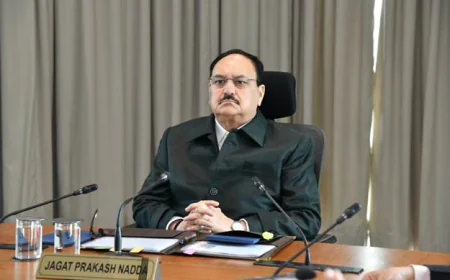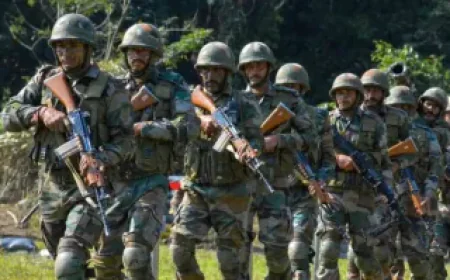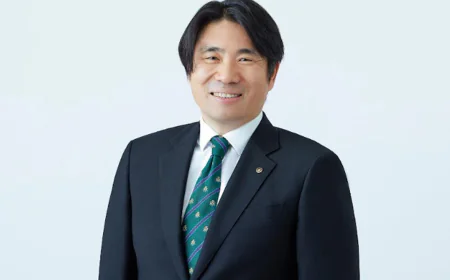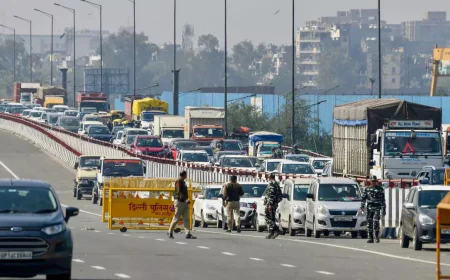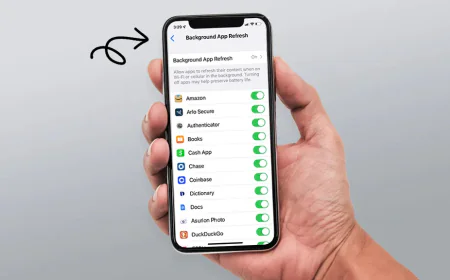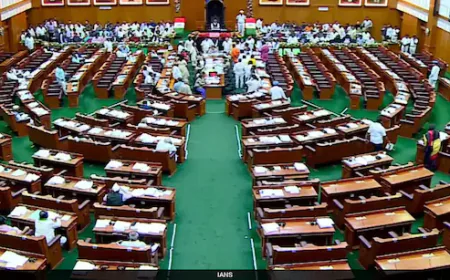NIA: Eight IS terrorists involved in converting students into Mujahideen arrested, police conducted raids in these four states
NIA: NIA has busted the inter-state module linked to IS and arrested eight terrorists. In the raids conducted with the help of state police at 19 locations in four states, a large quantity of IED-making materials, explosive electronic devices, and other documents have been recovered. NIA has named it the Bellary module.
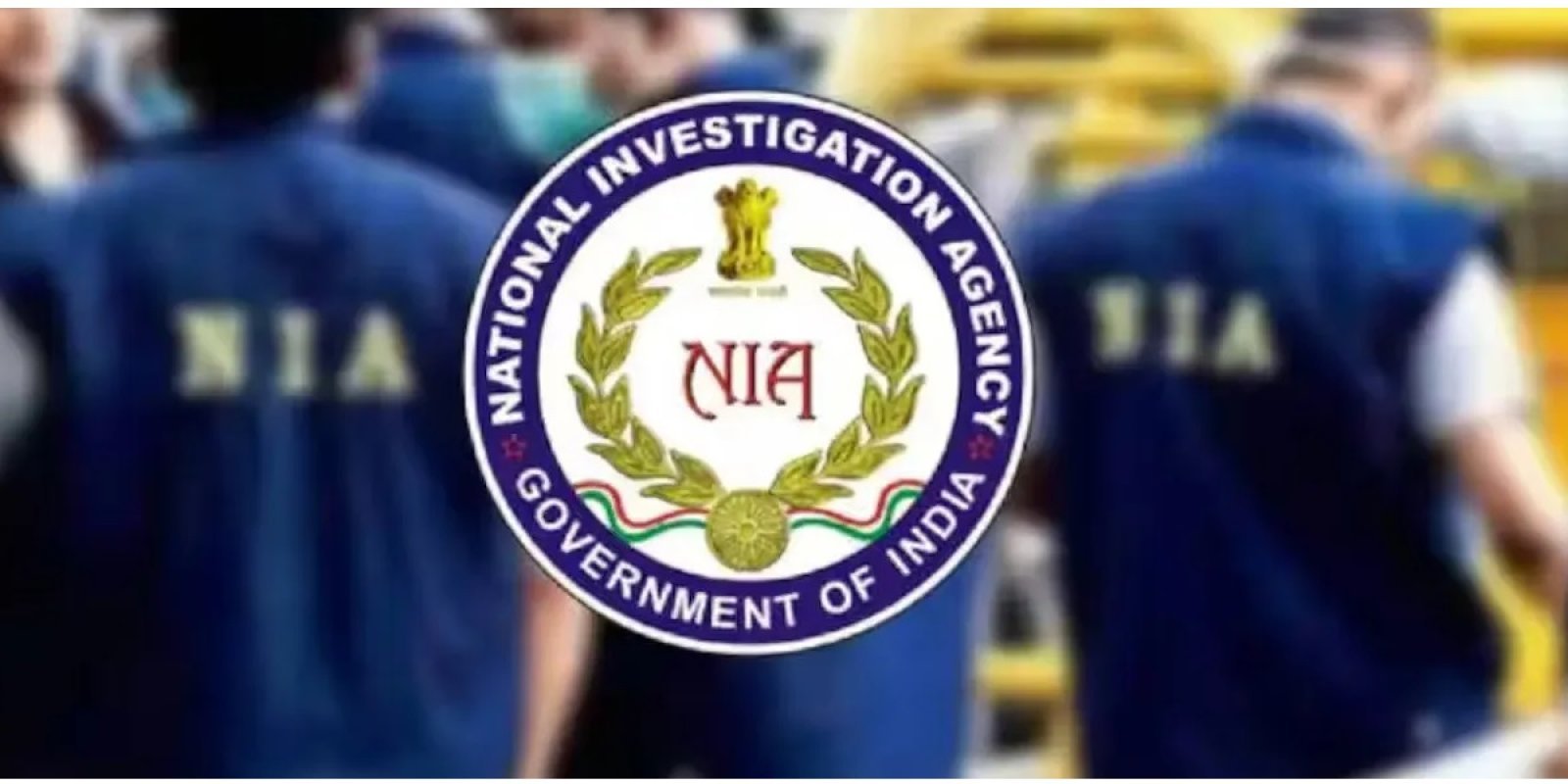
NIA has busted the inter-state module linked to IS and arrested eight terrorists. In the raids conducted with the help of state police at 19 locations in four states, a large quantity of materials and explosives, electronic equipment and other documents related to making IEDs have been recovered.
NIA has named it the Bellary module, which is used to inspire college students across the country to become Mujahideen for terrorist attacks. A senior NIA official said that an FIR was registered on December 14 after receiving information about the Bellary module of IS operating in several states. After that, with the help of Jharkhand, Delhi, Maharashtra, and Karnataka police, the activities of the people associated with the module started being closely monitored.
On Monday morning he visited Bellary and Bengaluru in Karnataka; Raids were conducted at locations in Amravati, Pune, and Mumbai in Maharashtra, Bokaro, and Jamshedpur in Jharkhand and Delhi. Based on coordination with the state police and accurate information about the terrorists, eight terrorists including the module leader Minaj alias Suleman (from Bellary) were arrested.
Want to get your story featured as above? click here!
Want to get your story featured as above? click here!
Other arrested terrorists include Syed Sameer from Bellary, Anas Iqbal Shaikh from Mumbai, Mohammad Muniruddin, Syed Samiullah alias Sami and Muhammad Muzammil from Bengaluru, Shayan Rehman alias Hussain from Delhi and Mohammad Shahbaz alias Zulfikar alias Guddu from Jamshedpur.
According to the NIA official, the objective of the module was to prepare youth in India for IS jihad. The documents related to Mujahideen recruitment distributed among the college youth testify to this.
The terrorists of the module, despite living in four states, remained in touch with each other through encrypted apps. Large quantities of sulphur, potassium nitrate, charcoal, gunpowder, sugar, ethanol, and sharp weapons have been recovered from their hideouts. It is clear from the smartphones and digital devices found with them that these items were collected to make IEDs. The module attempted to spread its network across the country and carry out terrorist attacks soon.
